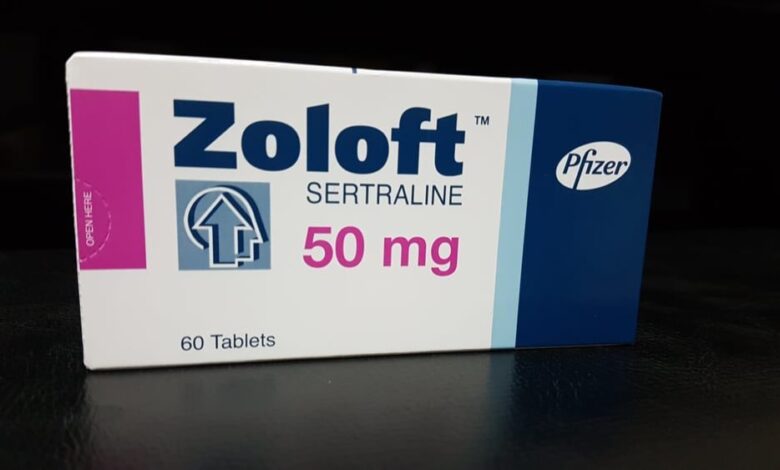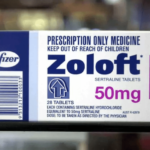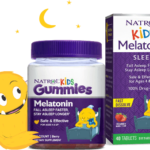Can You Overdose On Sertraline (Zoloft)?

Sertraline belongs to a class of antidepressant known as a selective serotonin reuptake inhibitor (SSRI). It’s often used to treat depression, and also sometimes panic attacks, obsessive compulsive disorder (OCD) and post-traumatic stress disorder (PTSD). Sertraline helps many people recover from depression, and has fewer unwanted side effects than older antidepressants. Sertraline comes as tablets, which are available only on prescription. It usually takes 4 to 6 weeks for sertraline to work. Sertraline may also be used for purposes not listed in this medication safety guide.
Sertraline has not been designated as a controlled substance by the Drug Enforcement Administration (DEA). It is not considered to have any serious risk of abuse or addiction.
How should this medicine be used?
Sertraline comes as a tablet and a concentrate (liquid) to take by mouth. It is usually taken once daily in the morning or evening. To treat premenstrual dysphoric disorder, sertraline is taken once a day, either every day of the month or on certain days of the month. Take sertraline at around the same time every day. Follow the directions on your prescription label carefully, and ask your doctor or pharmacist to explain any part you do not understand. Take sertraline exactly as directed. Do not take more or less of it or take it more often than prescribed by your doctor.
Sertraline concentrate must be diluted before use. Immediately before taking it, use the provided dropper to remove the amount of concentrate your doctor has told you to take. Mix the concentrate with 4 ounces (1/2 cup [120 milliliters]) of water, ginger ale, lemon or lime soda, lemonade, or orange juice. After mixing, the diluted solution may be hazy; this is normal. Do not mix the concentrate with any liquids other than the ones listed. Drink the diluted solution immediately.
Your doctor may start you on a low dose of sertraline and gradually increase your dose, not more than once a week.
It may take a few weeks or longer before you feel the full benefit of sertraline. Continue to take sertraline even if you feel well. Do not stop taking sertraline without talking to your doctor. If you suddenly stop taking sertraline, you may experience withdrawal symptoms such as nausea, sweating, depression, mood changes, frenzied or abnormally excited mood, irritability, anxiety, confusion, dizziness, headache, tiredness, seizures, ringing in the ears, numbness or tingling in the arms, legs, hands, or feet, difficulty falling asleep or staying asleep.
What should I do if I forget a dose?
Take the missed dose as soon as you remember it. However, if it is almost time for the next dose, skip the missed dose and continue your regular dosing schedule. Do not take a double dose to make up for a missed one.
Can You Overdose On Sertraline?
Yes, you can overdose on Sertraline. In case of overdose, call the poison control helpline at 1-800-222-1222. Information is also available online at https://www.poisonhelp.org/help. If the victim has collapsed, had a seizure, has trouble breathing, or can’t be awakened, immediately call emergency services at 911.
Symptoms of overdose may include the following:
- drowsiness
- agitation, hallucinations, fever, sweating, confusion, fast heartbeat, shivering, severe muscle stiffness or twitching, loss of coordination, nausea, vomiting, or diarrhea
- excessive tiredness
- dizziness
- agitation
- mania
- seizures
- loss of consciousness
What other information should I know?
Keep all appointments with your doctor. Before having any laboratory test, tell your doctor and the laboratory personnel that you are taking sertraline.
Do not let anyone else take your medication. Ask your pharmacist any questions you have about refilling your prescription. It is important for you to keep a written list of all of the prescription and nonprescription (over-the-counter) medicines you are taking, as well as any products such as vitamins, minerals, or other dietary supplements. You should bring this list with you each time you visit a doctor or if you are admitted to a hospital. It is also important information to carry with you in case of emergencies.





